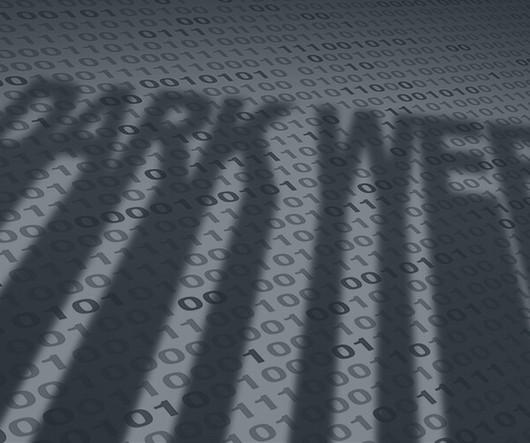Confessions of an ID Theft Kingpin, Part I
Krebs on Security
AUGUST 26, 2020
At the height of his cybercriminal career, the hacker known as “ Hieupc ” was earning $125,000 a month running a bustling identity theft service that siphoned consumer dossiers from some of the world’s top data brokers. Ngo’s former identity theft service, superget[.]info. Secret Service.












Let's personalize your content